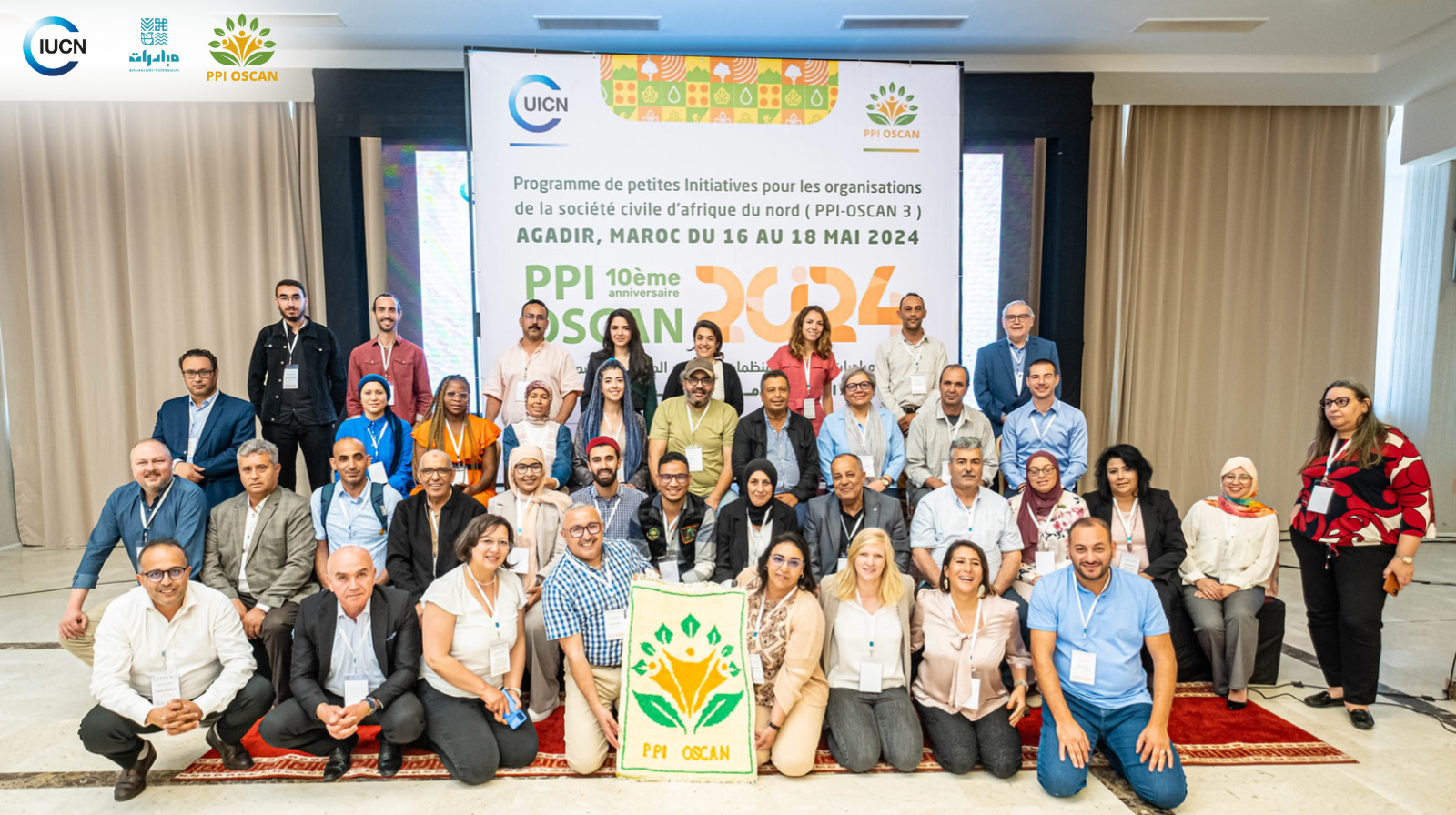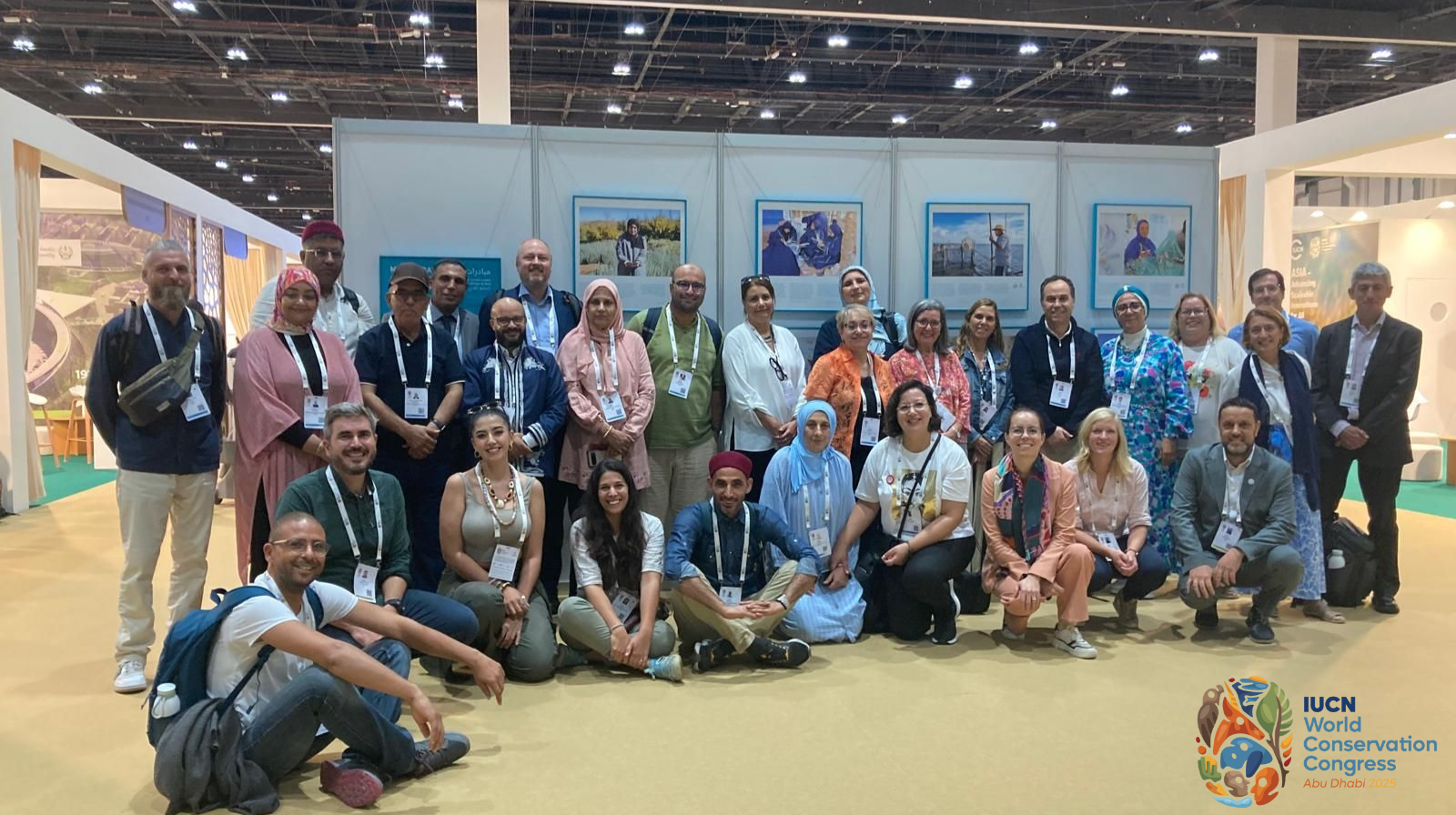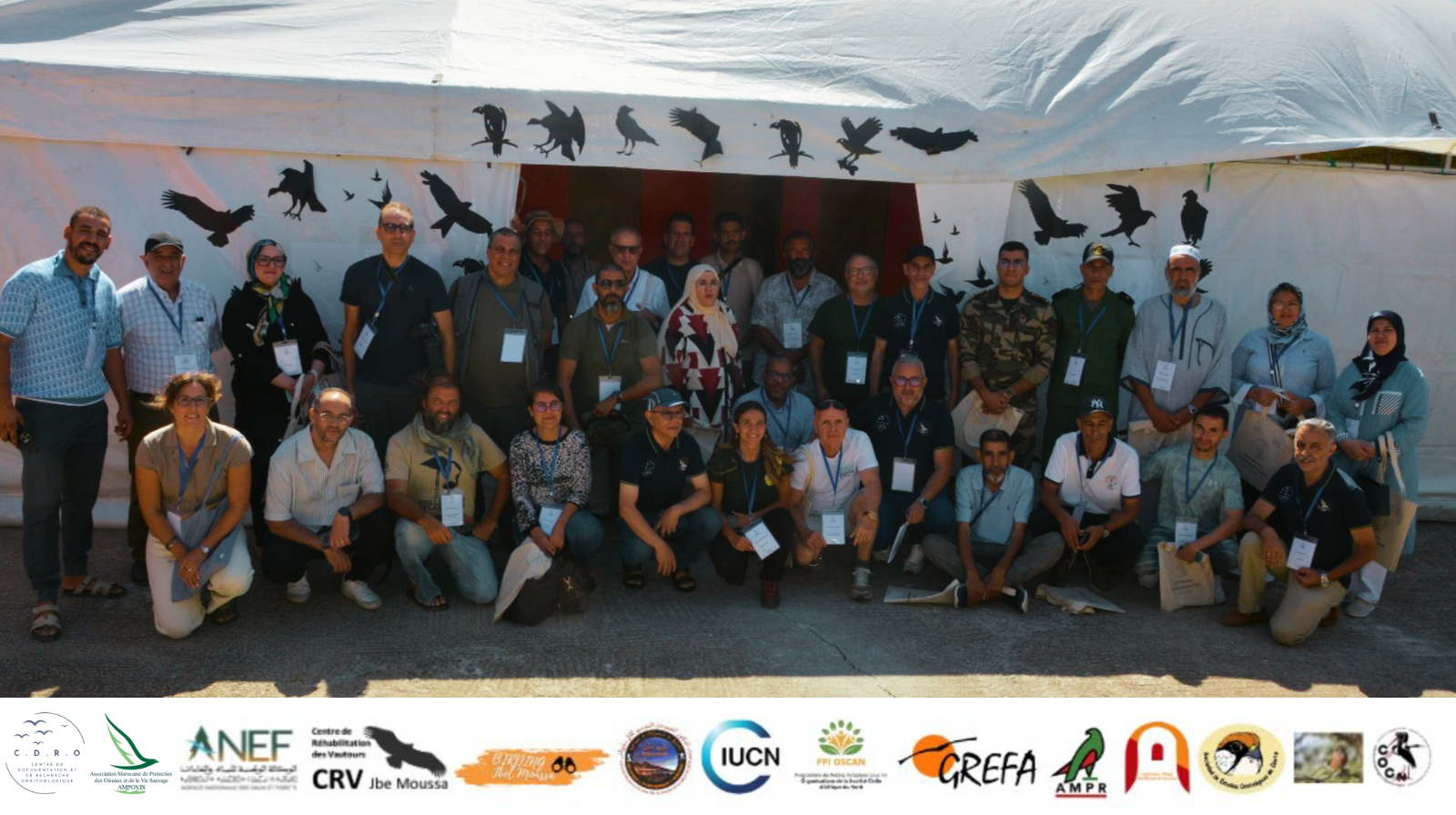The first laboratory for the biological treatment of agricultural crops has been established in Ghzela, in the governorate of Bizerte, Tunisia. This laboratory aims to create biopesticides and provide training for local farmers to combat pollution from chemical pesticides.
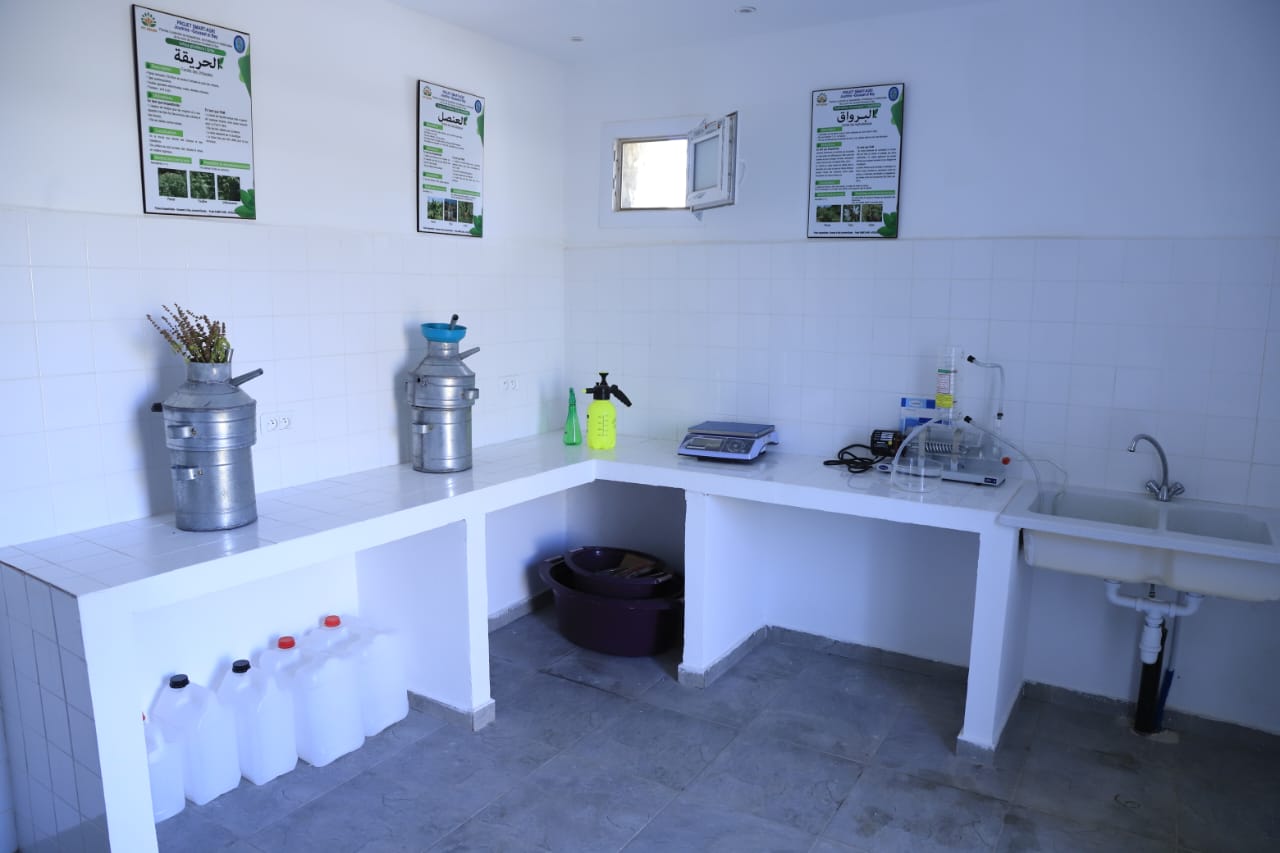
©Tunisian Association for the Protection of the Environment and Sustainable Development
This initiative has been implemented by the Tunisian Association for the Protection of the Environment and Sustainable Development in Bizerte, as part of its SMART AGRI project under the PPI OSCAN 3. Launched in 2022, this project supports several farmer families in transitioning to organic farming as a solution to the chemical pollution issues in the surrounding wetland areas.
Over several weeks, the association renovated a building from the Territorial Extension Unit of Bizerte, in collaboration with the CRDA, to provide a dedicated space for crop experimentation, capacity building, and plant processing.
Next to the laboratory, the association created a 300m2 cultivation plot to demonstrate the effects of biopesticides and plant associations in dealing with pests. Besides serving as models, the fruits and vegetables from the new plantations are utilized in baskets for the locals.
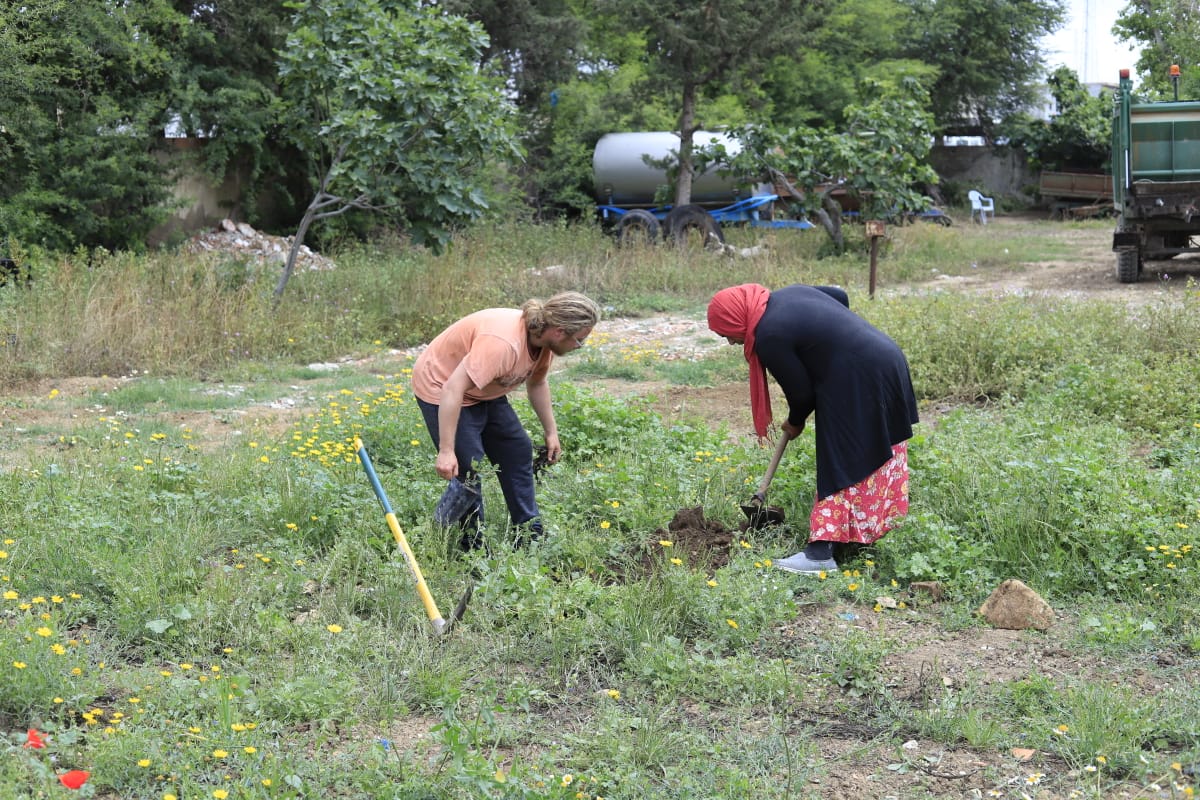
The building also houses a training center where the association, in collaboration with users, has developed a series of guides on the traditional use of plants and biological pest control. Beyond the project, this center provides a workspace for students and training opportunities for women.
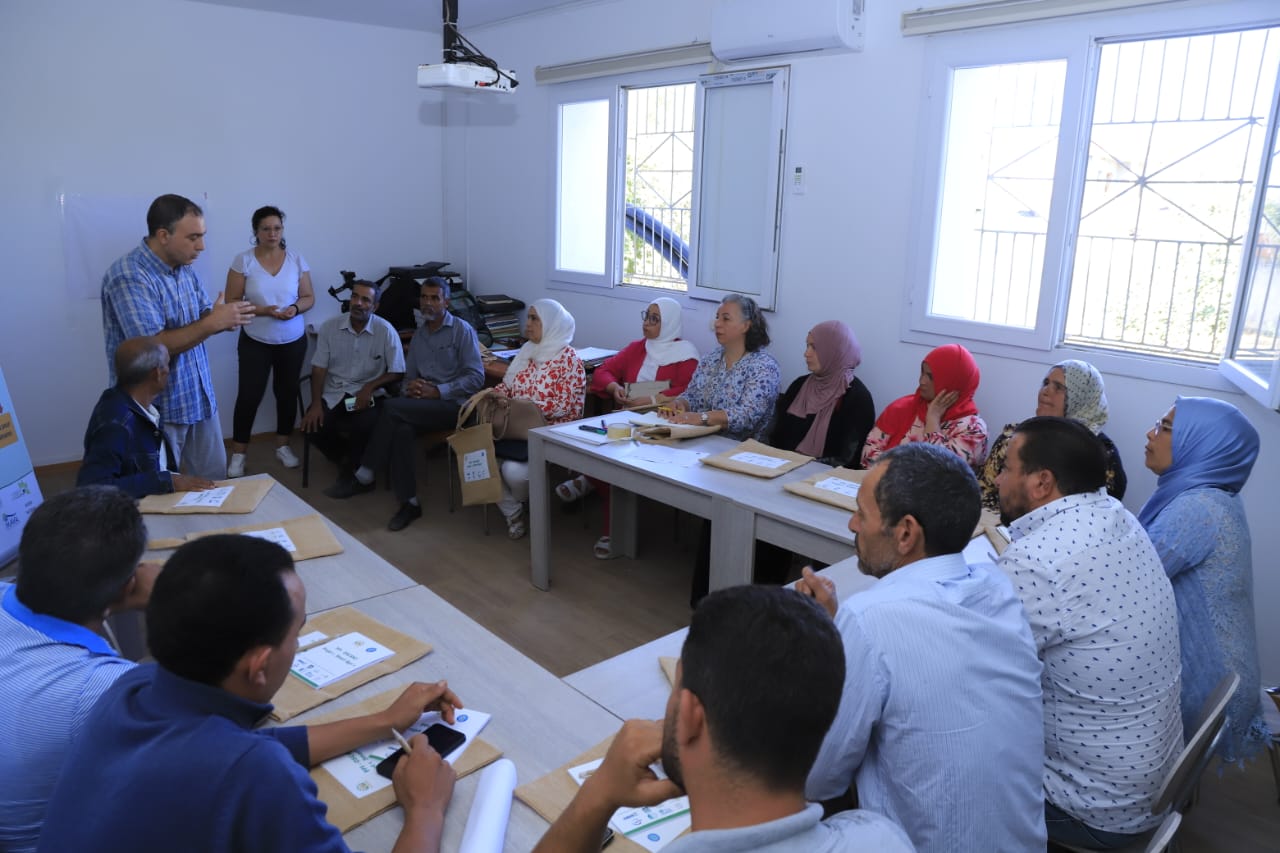
This project is executed within the PPI OSCAN 3 program, coordinated by the Mediterranean Cooperation Centre of IUCN and co-financed by the French Global Environment Facility, the Mava Foundation and the Sigrid Rausing Trust Foundation. To know more about the 27 PPI OSCAN 3 projects in Libya, Morocco and Tunisia: 5.Projets – MUBADARAT (mubadarat-uicn.org)






